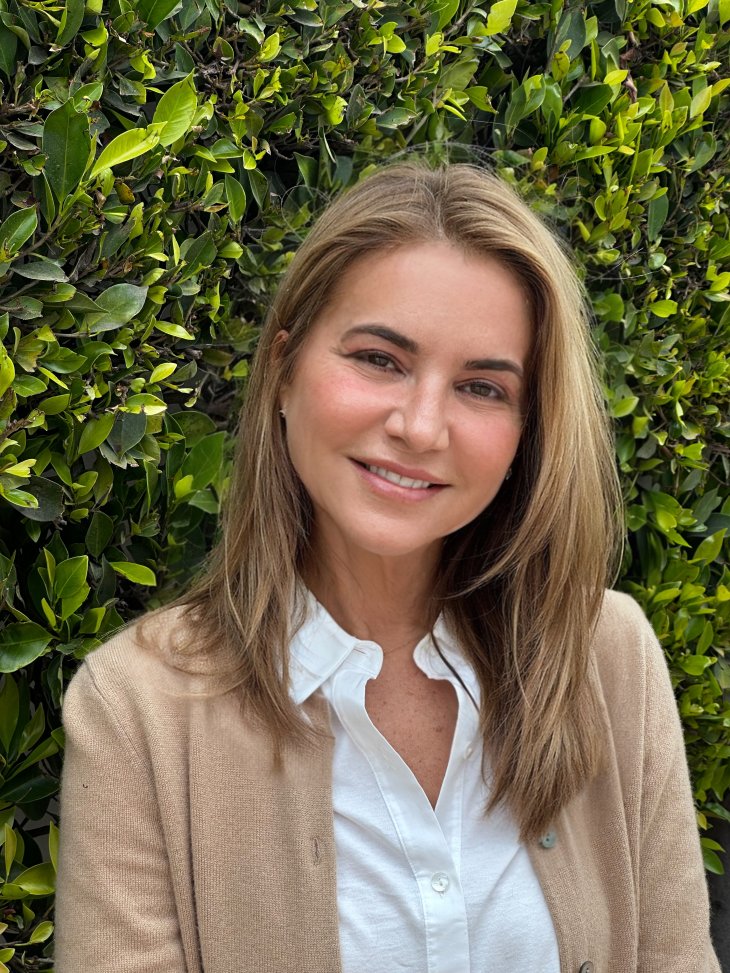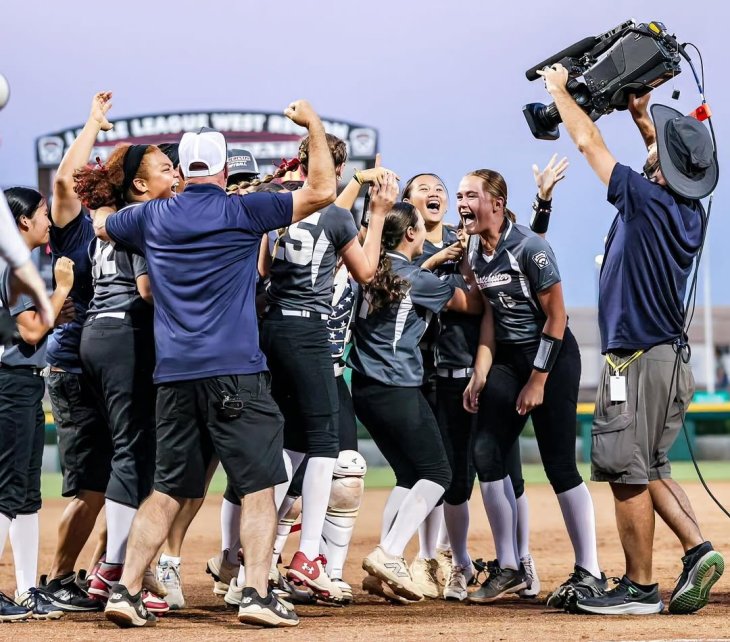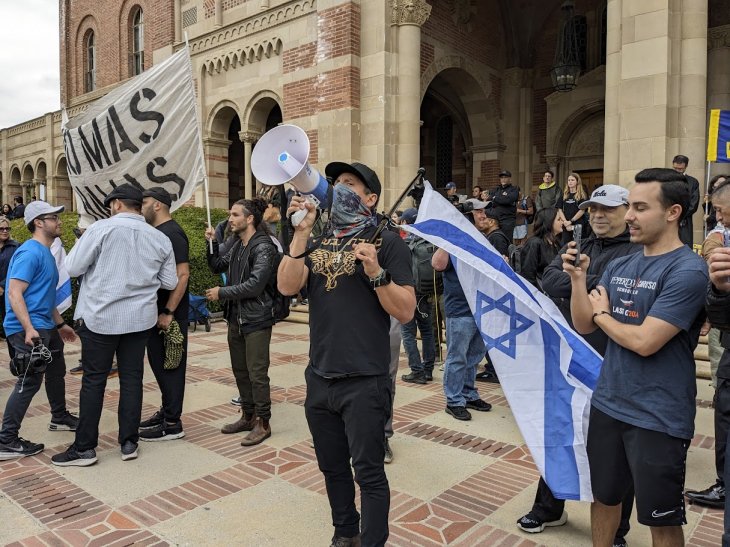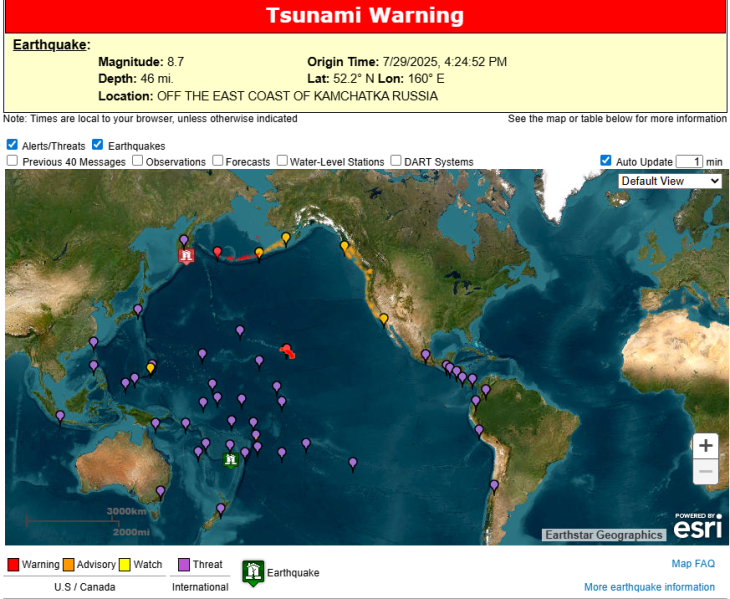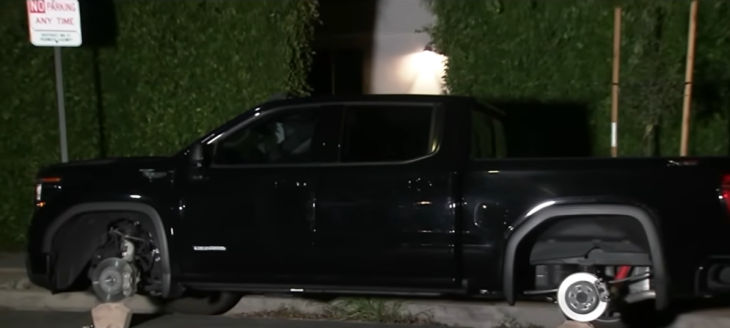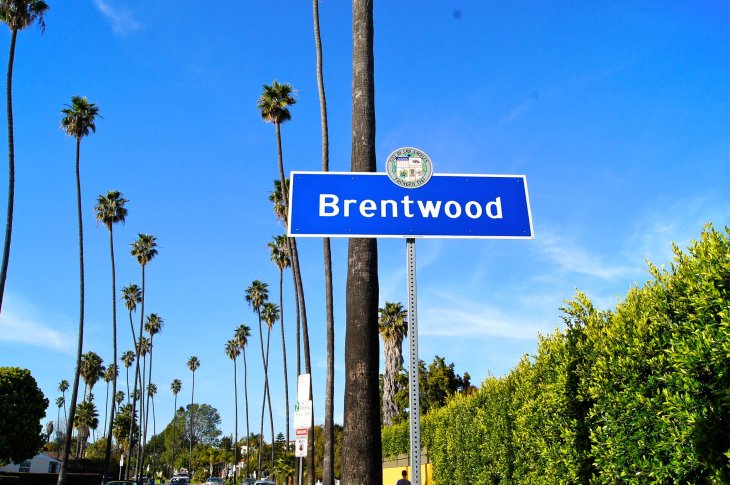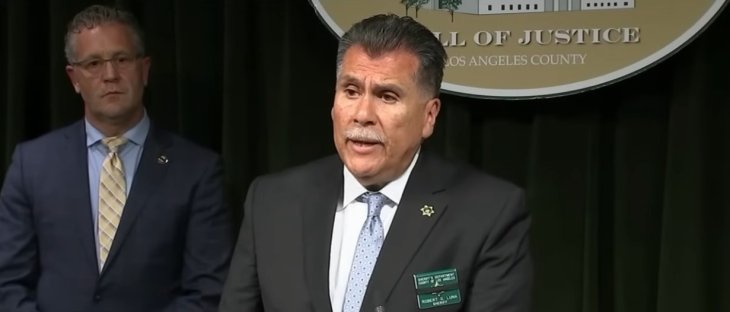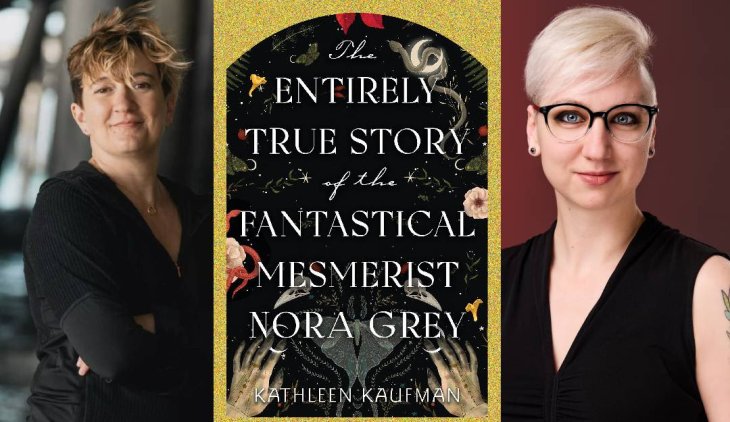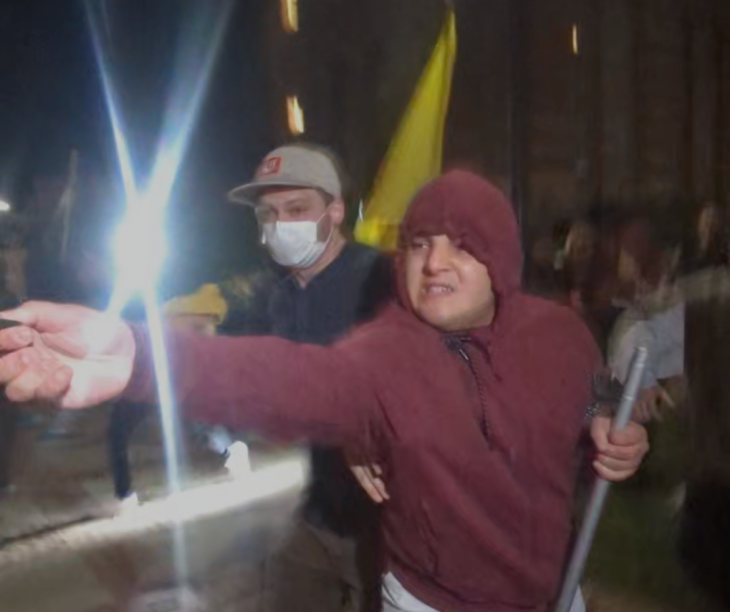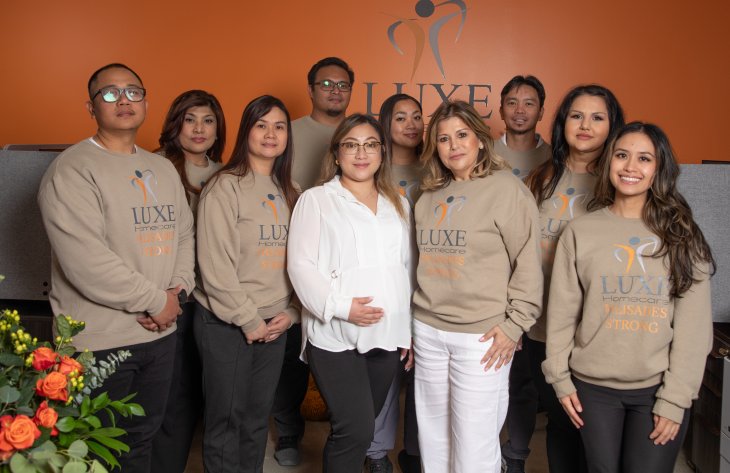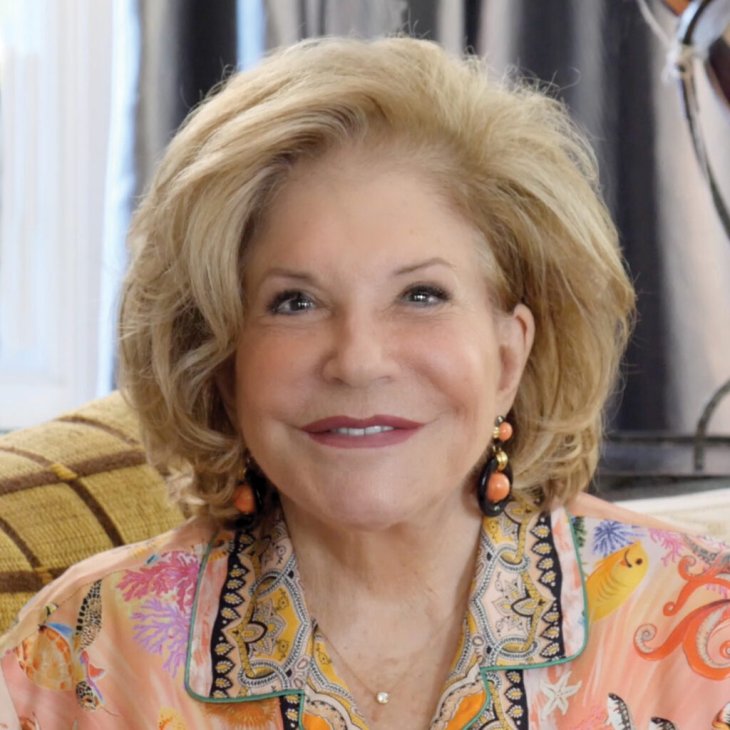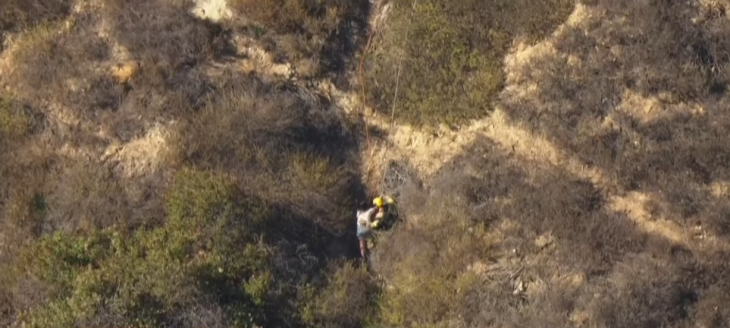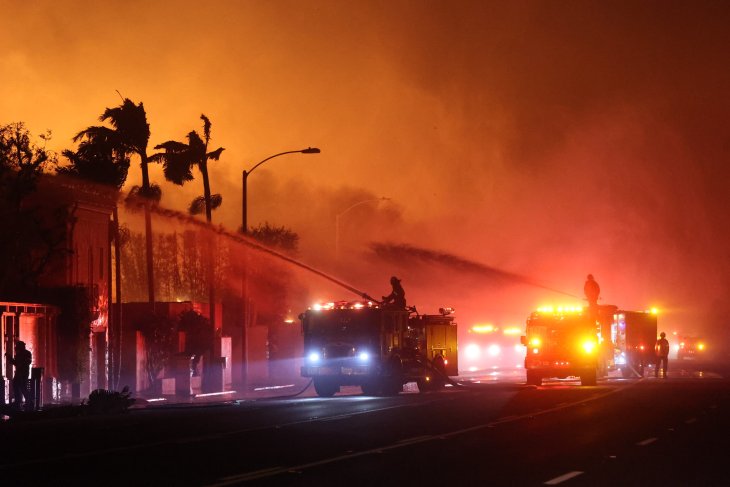Los Angeles City Council to continue controversial item November 24
By Sam Catanzaro
Los Angeles lawmakers are set to continue the discussion on a bill that would allow the removal of homeless encampments anywhere in the city if officials first offer shelter to unhoused individuals.
The ordinance would also allow City of Los Angeles officials to remove homeless encampments at freeway underpasses, near homeless shelters and in areas that restrict ADA access if unhoused individuals were first offered shelter.
The “legislation…will replace out-of-date laws, clarify how we can keep our streets and sidewalks clean, increase ADA access and bring us more in line with US Judge David O. Carter’s direction in the LA Alliance v. City/County of LA case,” said Councilmember Bob Blumenfield, one of the motion’s co-authors.
On October 28, City Council debated the bill for hours before Council President Nury Martinez opted continue the discussion on the controversial proposal on November 24.
The ordinance was drafted by Los Angeles City Attorney Mike Feuer after it was requested recently by several members of City Council including Blumenfield.
Among those who are opposed to the ordinance include Councilmember Mike Bonin who represents Pacific Palisades and much of the Westside.
“It is reasonable to prohibit sleeping and lying on our sidewalks — IF genuine alternatives are truly available and accessible. But they are not. Without those housing alternatives, the ban on sleeping presented by the City Attorney would only serve to push encampments deeper into residential neighborhoods,” Bonin said. “That’s why I support commandeering underutilized hotels and motels for immediate use as homeless housing. This is an emergency situation and it requires emergency action, and using the hotels and motels will provide fast options for getting people off the streets and into housing.”
A counter-proposal that did not pass by Bonin and Councilmember David Ryu called for what Bonin calls a “more aggressive approaches to providing housing, shelter and services”.
At the center of the debate is a 2018 federal court ruling in the case Martin v. City of Boise which bars cities from punishing individuals from sleeping on public property unless they provide sufficient and accessible indoor housing.
“As long as there is no option of sleeping indoors, the government cannot criminalize indigent, homeless people for sleeping outdoors, on public property,” reads the ruling from the United States Court of Appeals for the Ninth Circuit, which includes both Idaho and California.
In the decision, which ruled a City of Boise law penalizing homelessness unconstitutional, citing the Cruel and Unusual Punishments Clause of the Eighth Amendment, the court did give cities leeway to prohibit sleeping in public in certain situations.
“Even where shelter is unavailable, an ordinance prohibiting sitting, lying, or sleeping outside at particular times or in particular locations might well be constitutionally permissible,” the decision reads.
According to Blumenfield, there is now a “plethora of beds locally” and therefore the city’s laws should be updated.
“Since the ‘Boise decision’ from the Ninth Circuit Court of Appeals, the City of Los Angeles hasn’t been able to enforce laws against camping on sidewalks because shelters for the unhoused population were not available. Now that we are creating a plethora of beds locally, it’s time to bring our laws in line with the Boise decision and also draft regulations for sensitive areas like freeway underpasses and transit corridors,” Blumenfield said. “I’ve been speaking with community stakeholders about creating new ‘cabin communities’ and building Bridge Housing. I am often asked what will be done to make sure that unhoused people won’t set up camp around these sites. Part of this motion will ban living outside of the new interim housing sites. The goal is to house people, not have to enforce these laws.”


